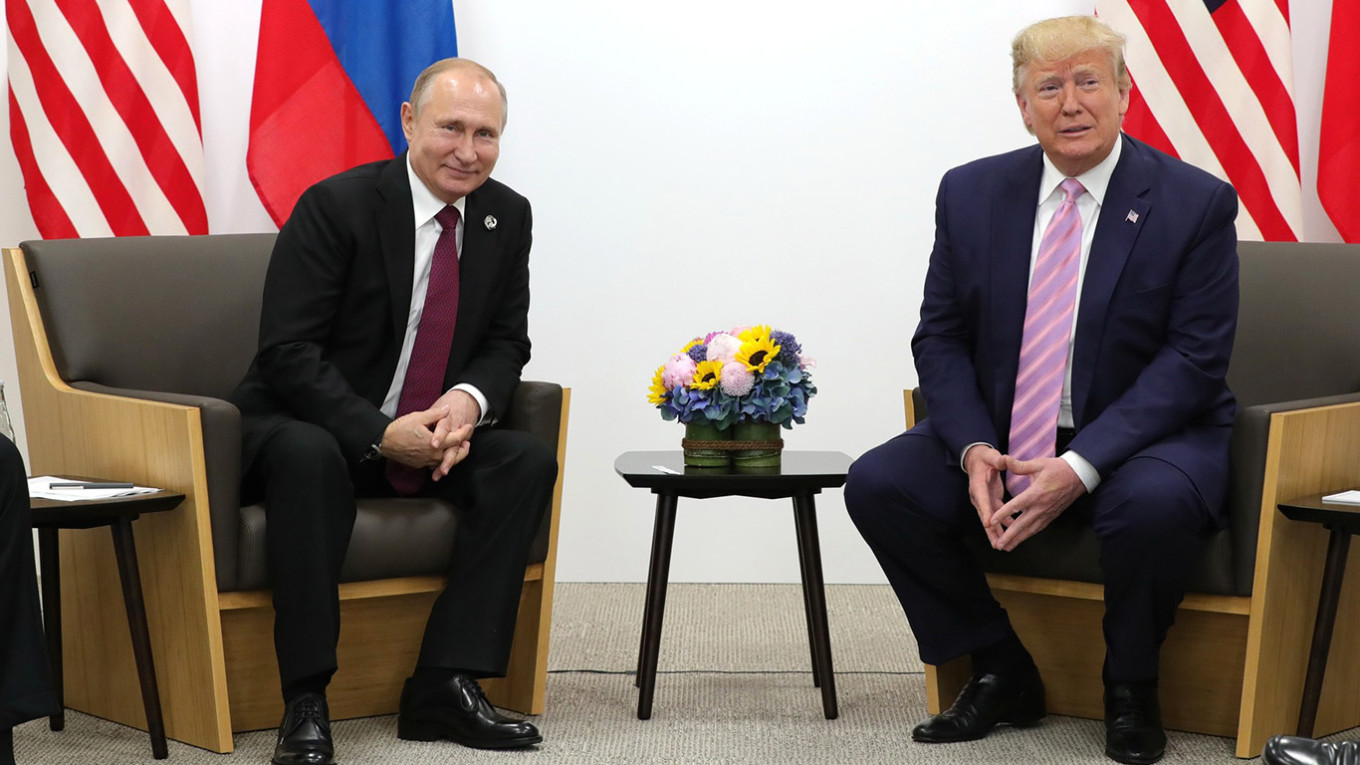Is Russia at war with Europe? For Czech President Petr Pavel, that is a non-question.
At the GLOBSEC security conference, Pavel delivered a stark assessment of the Russian threat, declaring that Russia views its relationship with Western democracies as “continuous conflict” rather than traditional periods of peace and war.
The warning comes as NATO Secretary General Mark Rutte prepares allies for a potential agreement on 5% GDP defense spending at the upcoming Hague summit in June, with Pavel confirming that “if the discussion in The Hague leads us to a general agreement that we need to spend up to 5%, Czech Republic is ready to support it.”
Russia is in a “kind of war” with Western democracies
Pavel, a former NATO Military Committee chairman, outlined a fundamental difference in how Russia approaches international relations compared to Western nations.
“We still divide the periods of history into peace, crisis, and war. Russia is not doing that,” Pavel explained during the conference. “They see history as a continuous conflict where only means and intensity change. So for them, they are actually in a kind of war with Western democracies.”
Currently, Pavel noted, Russia employs “mostly cyber and hybrid tools” against the West, “but this may change very quickly because, as I say, they really see it as a continuity.”
Economic pressure over military force
When pressed on how Europe can compel Russia to negotiate, Pavel emphasized economic tools over military intervention.
“Frankly, I don’t think that Europe alone has the power to push President Putin to the table,” he said. “We need other countries, and especially the United States, on board at the same frequency.”
Pavel argued that Russia’s economic vulnerabilities present the best leverage: “The only way how to convince President Putin that the time has come to sit at the table is really to push him to the brink of economic collapse. It’s not about bringing Russia down. It’s simply bringing them to the table to negotiate the future.”
NATO’s 5% spending push gains momentum
The GLOBSEC appearance coincides with accelerating discussions within NATO about dramatically increasing defense spending, with Rutte proposing 3.5% for core military expenditures and 1.5% for broader security investments including infrastructure and cybersecurity.
Pavel warned that a seven-year timeline to reach these targets may not provide adequate preparation time given Russia’s ambitions.
“Russia has an ambition to reconstitute the Soviet Union as a global power,” he stated. “It would be very naive to believe that President Putin will not be tempted to use the power he has – the power of war economy – to at least try to test NATO unity and resolve.”
Czech Republic’s role
Pavel highlighted Czechia’s position as already exceeding the current 2% NATO spending target and committed to reaching 3% in coming years. The country has also led international efforts to supply artillery ammunition to Ukraine.
Pavel directed pointed remarks toward neighboring countries: “When it comes to the Czech Republic, the Russian assessment is that we are a hostile country, we are an enemy, and we are a traitor. So why should we consider Russia as a neutral country to us?”
He added: “I hope this was heard loud and clear also in other neighboring countries – in Bratislava or Budapest as well.”





